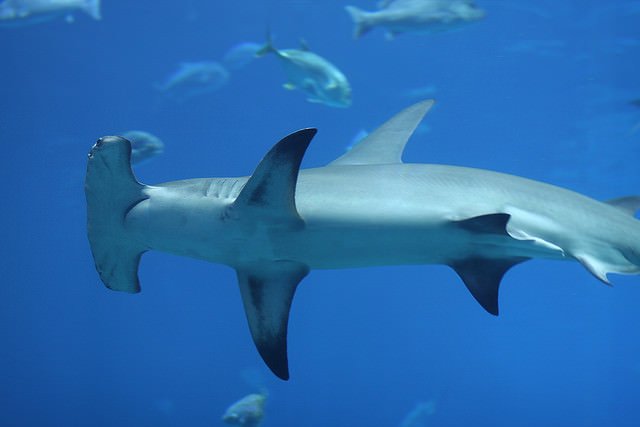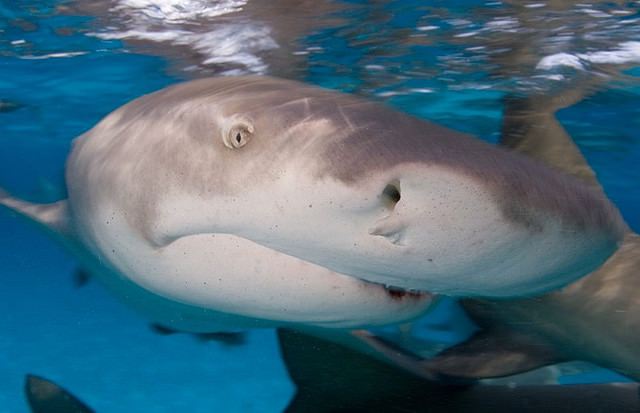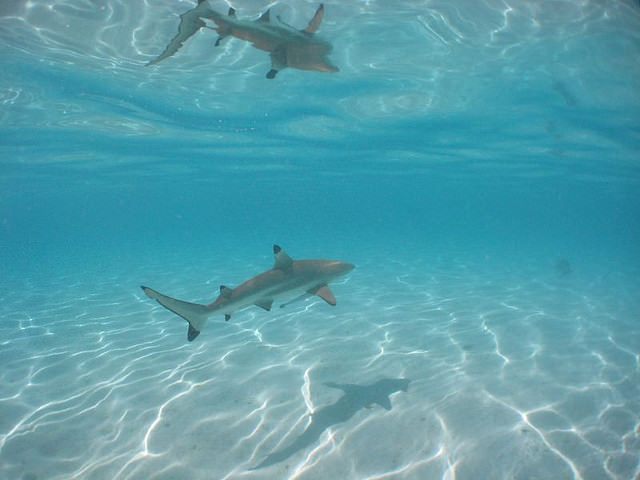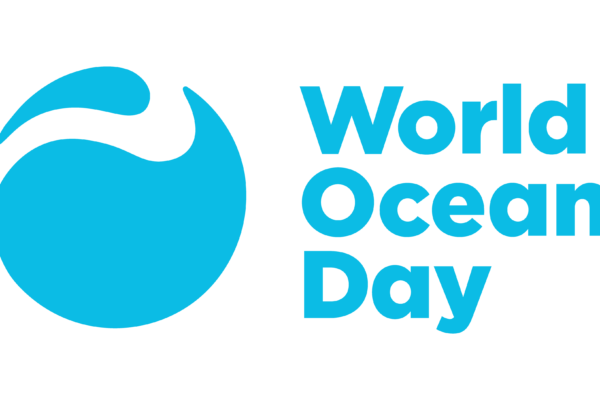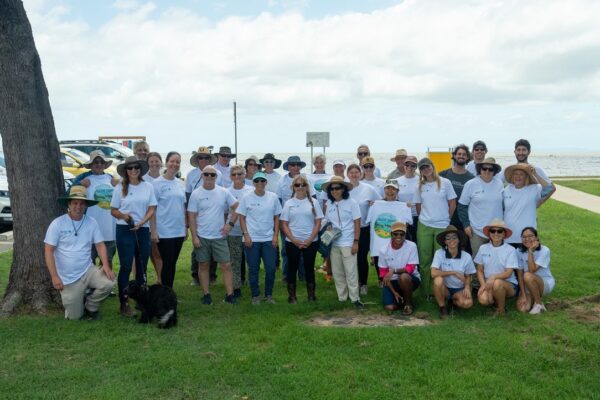The Internet Will be Flooded with Virtual Sharks
Shark Week is about to take the internet by storm – a Sharknado-sized flood of social media focusing on sharks is set to hit this week! This is a great chance to reach out on social media about why sharks aren’t just an amazing spectacle – they’re an important part of many marine ecosystems. It’s time to join the conversation this week and talk about sharks to show them in a positive light. The name of the game this week is engage, engage, engage!
Here are seven stories and facts we can share about sharks and shark conservation.
Great white sharks are not senseless killers, they are actually quite smart and will even work together when hunting and share the food amongst themselves. Despite what you’ve heard they don’t actually consider humans as food.
Even though they are as big as a school bus, whale sharks are usually harmless to humans. You can even swim next to these spotted sharks peacefully! Sadly these gentle creatures are threatened by overfishing. You can help by only buying sustainable seafood, and refusing shark products.
Hammerhead sharks may seem scary, but really they are more scared of us. These sharks get easily distressed by human interaction and in fact have one of the highest stress responses of most shark species. Getting caught, including accidentally, causes them to freak out and even die from the stress. Regulating our fishing and eating sustainable sourced seafood can help these creatures.
Shark attacks are rare, really rare; your chances of being harmed by are shark are like one in 3.8 billion. In fact, here’s a list of 11 mundane objects statistically more deadly than sharks – including the terrifying SWING SET!
Just like sea turtles, lemon sharks return to their place of birth to give birth themselves. Their babies, called pups, hide in mangroves when they are young. This will be their home for four to eight years. We need to protect these sheltered coastal areas for the pups.
Did you know there is a tiny glowing shark? The velvet belly lantern shark may be small (averaging at 45cm long) but it makes a big impression. Its black belly glows due to organs called photophores. It also has “lightsaber-like” glowing spines on its back. You won’t see this shining shark normally though, it lives deep in the ocean.
We need sharks. When shark populations decrease, the rest of the ecosystem suffers as well, since as top predators sharks keep the populations of their prey at normal levels. Taking away sharks can hurt the whole ecosystem. Let’s save them from their biggest predator, humans.
Want more tips to protect sharks with your organization by using social media? Here’s a guide for utilizing the Shark Week hype for conservation.
Cover photo by Brook Ward, flickr user brookward

